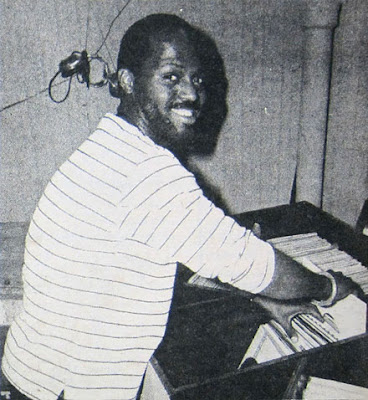"By 1981 they declared that Disco was dead and there
were no more up-tempo dance records. That’s when I
realised I had to start changing things to keep feeding
my dance floor".
FRANKiE KNUCKLES
Although some house a ficionados will refuse to admit it, the development of house music has much of its success accredited to the rise and fall of disco. As a result, to appreciate the history of house music, we need to look further back than the 1980s and the development of the TR909 and TR808 drum machines; we also need to examine the growth of disco during the 1970s. This is because disco still forms a fundamental part of some of today’s house music and in many instances older disco records have been scrupulously sampled to produce the latest house tracks.
Pinning down an exact point in time where disco first appeared is difficult since a majority of the elements that make disco appeared in earlier records. Nonetheless, arguably it is said to have first originated in the early 1970s and was derived from the funk music that was popular with black audiences at that time. Some big name producers such as Nile Rodgers, Quincy Jones, Tom Moulton, Giorgio Moroder and Vincent Montana began to move away from recording the self-composed music and started to hire session musicians and produce hits for artists whose only purpose was to supply vocals and become a marketable commodity.
Donna Summer became one of the first isco-manufactured success stories with the release of Love to Love You Baby in 1975 and is believed by many to be the first disco record to hit and be accepted by the mainstream public. This ‘ new’ form of music was still in its infancy, however, and it took the release of the motion picture Saturday Night Fever in 1977 before it eventually became a widespread phenomenon. Indeed, by the late 1970s, over 200 000 people were attending discotheques in the UK alone and disco records contributed to over 60% of the UK charts.
As with most genres of music that become popular, many artists and record labels jumped on the wave of this new happening vibe and it was soon deluged with countless disco versions of original songs and other pointless and poorly produced disco records as the genre became commercially bastardized. As a result, disco fell victim to its own success in the late 1970s and early 1980s with the campaign of ‘disco sucks’ growing ever more popular. In fact, in one extreme incident Steve Vahl, a rock DJ who had been against disco from the start, encouraged people to bring their disco collections to a baseball game on the 12th July 1979 for a ritual burning. After the game, a huge bon fire was lit and the fans were asked to throw all their disco vinyl onto the fire.
Continue read full article at SECRÉTIVITÉ
Written By Rick Snoman, Dance Music Manual

